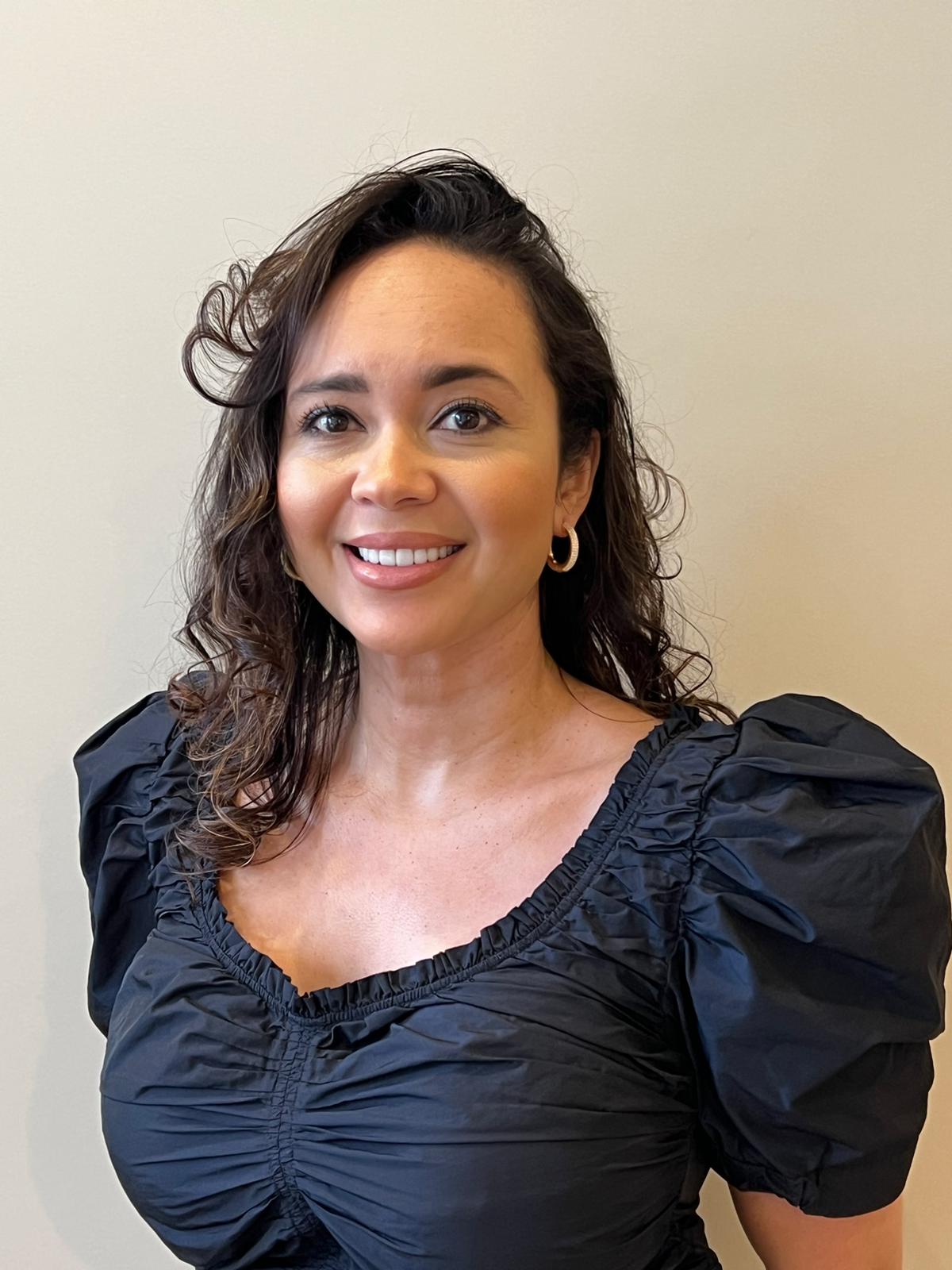Navigating the UK Radiology Job Market: What Overseas FRCR Holders Need to Know
25 Nov, 20254 minutes
If you’re an overseas radiologist with the FRCR qualification, you may have noticed a growing disconnect between expectations and reality when it comes to securing a consultant post in the UK. Many talented doctors have invested thousands of pounds and countless hours in preparing for the FRCR exams with the goal of relocating to the UK, only to find themselves facing unexpected challenges. Understanding the current workforce discussions and policies is now more critical than ever.
The UK Workforce Context
The Royal College of Radiologists (RCR) recently submitted a response to the UK Government’s 10-Year Workforce Plan, emphasizing the urgent need for a long-term, sustainable growth in domestic radiology and oncology consultants. Some key points:
- England is currently experiencing a 30% shortfall in clinical radiology consultants.
- The RCR is advocating strong investment in domestic training pipelines rather than reliance on international recruitment.
- While overseas recruitment is still a stopgap measure, the long-term strategy focuses on UK-trained radiologists, meaning fewer consultant roles will be routinely offered to international candidates unless they meet very specific needs or subspecialty gaps.
For overseas candidates, this means that simply holding an FRCR is no longer a guaranteed pathway to a consultant post. Many NHS trusts are inundated with applications through TRAC, but not all candidates fully meet the subspecialty requirements or experience levels.
Why Subspecialty Skills Are Key
In this environment, one of the most effective ways to stand out is through subspecialty expertise. NHS trusts increasingly seek candidates who:
- Have advanced skills in interventional radiology, oncologic imaging, paediatric radiology, or neuroimaging.
- Can contribute to multidisciplinary teams and improve service delivery in high-demand areas.
- Bring specific technological or procedural expertise, particularly in areas where AI and digital imaging tools are becoming integral to practice.
Simply passing the FRCR will no longer be enough — upskilling and targeted subspecialty training are critical to remain competitive.
Recommendations for Overseas Candidates
1. Investigate Subspecialty Training Opportunities
- Consider fellowships or short courses in high-demand areas before relocating.
- Explore UK-recognized programs or international fellowships that enhance your CV.
2. Understand NHS Workforce Needs
- Research trusts that have known shortages or expansion programs.
- Align your skills and experience with the specific gaps identified by the RCR (interventional, oncology, paediatrics, etc.).
3. Gain Practical Experience Where Possible
- Work in internationally recognized centers that provide exposure to the types of cases you’ll encounter in the NHS.
- Document procedural competencies and clinical outcomes.
4. Prepare for Flexible Roles
- Consider locum consultant posts or specialty trainee positions if direct consultant roles are competitive.
- Flexibility in location and subspecialty can open doors in the short term.
5. Stay Informed
- Follow updates from the Royal College of Radiologists, NHS workforce reports, and government plans.
- Many overseas candidates aren’t aware that these discussions are actively shaping hiring policies.
Bottom Line
The UK radiology market is competitive, evolving, and increasingly focused on domestic workforce growth. For international FRCR holders, the key to success is strategic upskilling, subspecialty focus, and alignment with NHS workforce priorities.
As recruiters, we see candidates losing opportunities simply because their skill set doesn’t match current needs, not because they lack ability. Investing in the right subspecialty training now can make the difference between a stalled career and a successful transition to the UK.
If you’re an FRCR-certified radiologist abroad, consider this your call to action: research the UK workforce needs, build your subspecialty portfolio, and position yourself for the posts that really matter. The UK needs your expertise — but only if it aligns with the specialties in demand.



